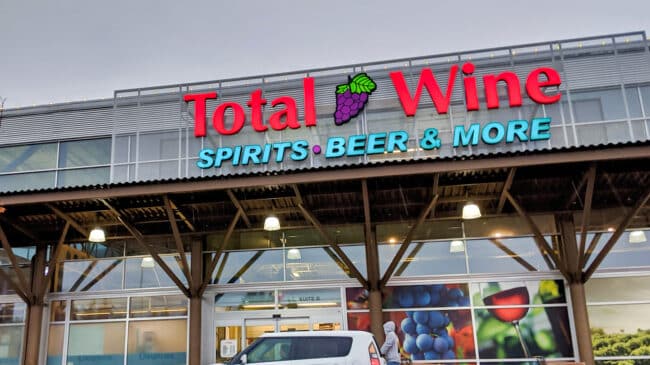Colorado Initiative 96 on the November 2022 ballot would incrementally raise the number of retail liquor store licenses an individual may own or hold to be equal to the number of licenses for off-premise alcohol sales that could be owned or held by drug and grocery stores in the state.
Under Colorado’s current law, an individual may hold only three retail liquor store licenses across the state, increasing to a maximum of four after 2027. Liquor-licensed drug stores, on the other hand, can hold up to eight licenses, but that number will increase to 13 in 2027, 20 by 2032, and be unlimited after 2037.
Grocery stores, which are currently restricted to selling beer only, can have a maximum of 20 licenses for alcohol sales, until 2037 when the maximum number will be unlimited.
Initiative 96 seeks to create parity in licensing between businesses that sell alcohol. If approved, the measure would allow liquor stores to hold up to eight licenses immediately, rising to 13 in 2027, 20 in 2032, and an unlimited number after 2037.
Fiscal Impact
According to the Colorado Secretary of State, Initiative 96 is expected to only minimally impact state finances. Increased licenses would slightly increase revenue through application and renewal fees, as well as slightly increase compliance costs for the state.
Proponents’ Arguments in Favor
Proponents of Initiative 96 argue that the state’s archaic restrictions on liquor licenses have unfairly blocked large liquor store retailers from the state, denying Coloradans the convenience, choices, and prices such chains could offer.
They also argue that increasing the maximum number of licenses and locations would help local liquor stores better compete with grocery and drug store alcohol sales, particularly if voters approve Colorado Initiative 121, also on the 2022 ballot, which would allow non-liquor stores to sell wine, in addition to beer.
The committee backing the measure, the Coloradans for Consumer Choice and Retail Fairness, has been largely funded by David and Robert Trone, the founders of Total Wine and More, raising $2.2 million for the Initiative, most of which was spent collecting signatures to qualify for the ballot.
Opponents Arguments Against
Opposition to Initiative 96 has come primarily from the Colorado Licensed Beverage Association, a trade group representing independent liquor stores in the state, which formed a committee group named Keeping Colorado Local. This group is opposed to all three of the alcohol measures on Colorado’s 2022 ballot. They oppose Initiative 96 because it would open the state’s doors to large national chain brands, like Total Wine, potentially making it harder for local liquor stores to compete.
Discussion
The competition faced by local liquor shops in Colorado is going to increase in the near future, no matter what voters decide this November, with current law set to vastly increase the number of chain grocery and liquor stores selling alcohol.
Though small liquor store owners are understandably worried about opening the state’s doors to larger, nationally-recognized retailers, like Total Wine, the smaller stores could find underserved markets and compete in areas like customer service, such as offering more knowledgeable employees to assist customers and stocking products larger chains may not. The iniative would also likely benefit consumers, increasing the variety of products available and reducing prices due to the increased competition.


